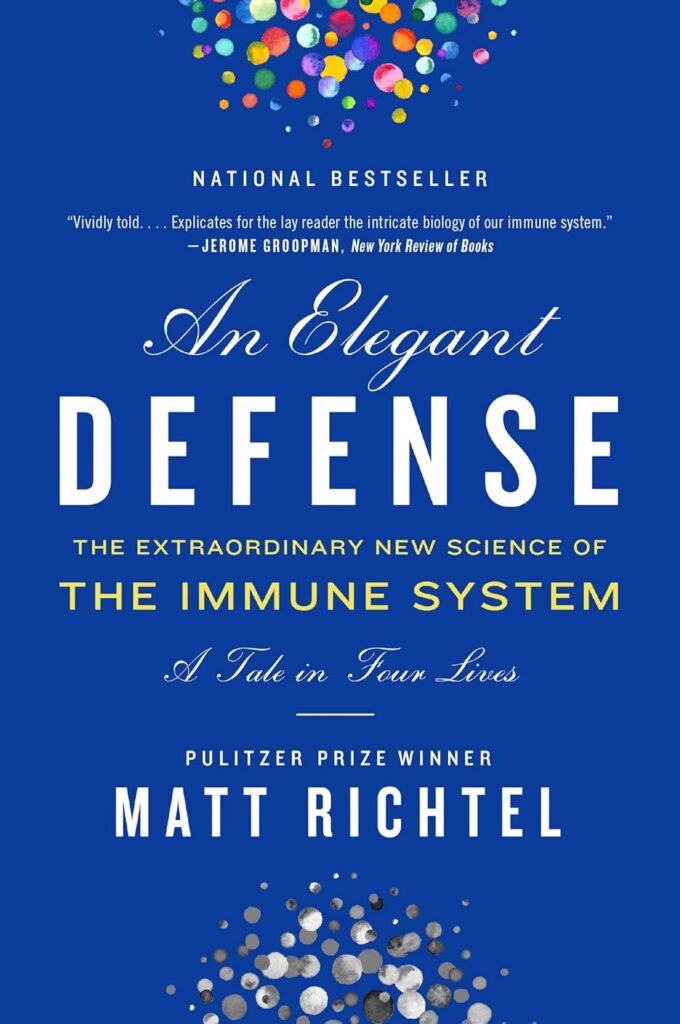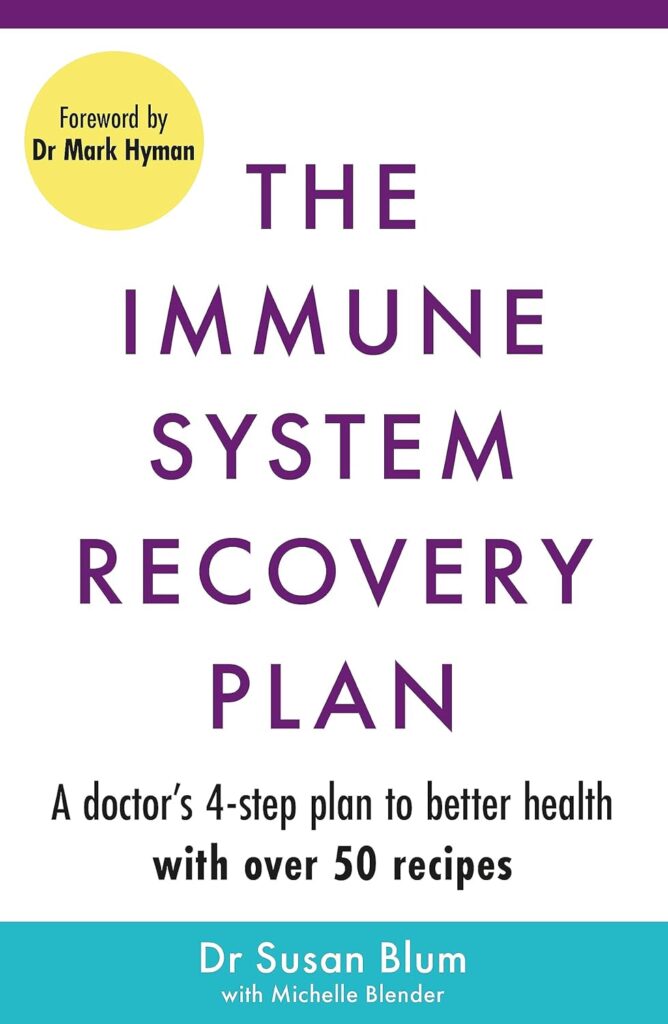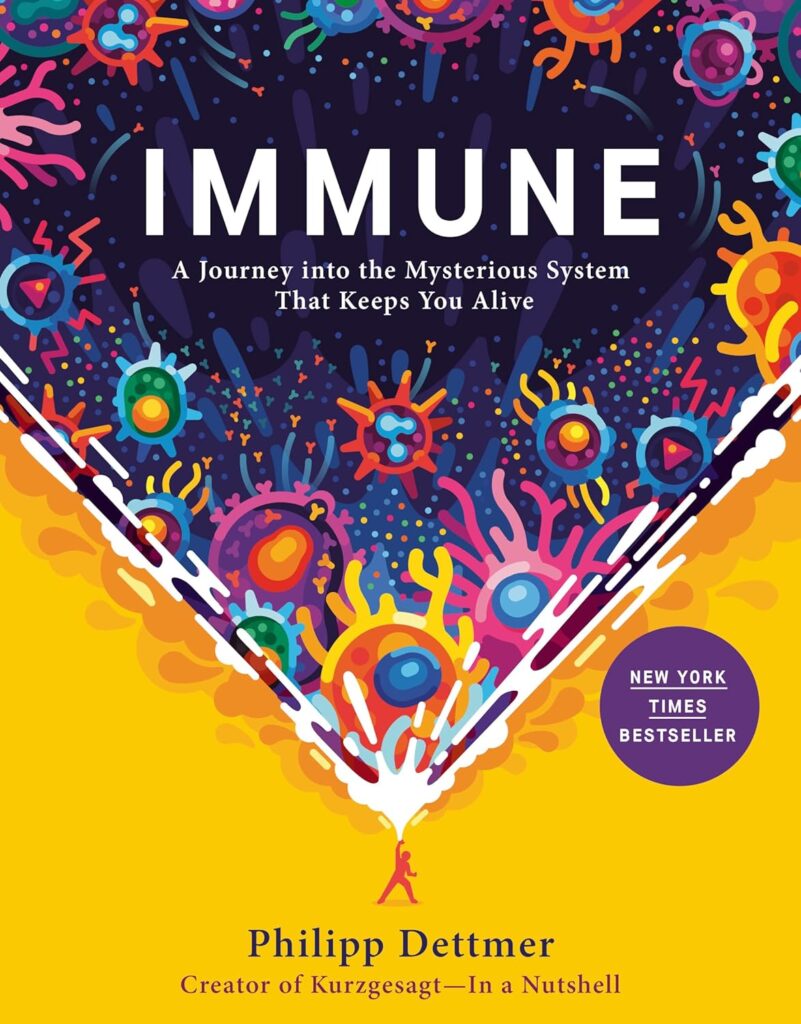Your immune system acts as a sophisticated military force, with specialized units deployed throughout your body. This intricate defense network doesn’t just fight off invaders again and again like a mindless grunt – it actually remembers past battles, adapts its strategies, and maintains constant surveillance of every tissue. Yet this complex system extends far beyond mere defense: it orchestrates healing, influences mood and energy levels, and plays a crucial role in longevity.
Modern immunology has revolutionized our understanding of this remarkable system. We now know that immunity ties deeply into every other aspect of health – from your gut microbiome to your stress levels, from your sleep quality to your exercise habits. The immune system maintains a delicate balance: too weak, and you become vulnerable to infections; too aggressive, and it can turn against your own tissues. This balance becomes increasingly crucial as we age, with immune dysfunction underlying many age-related diseases.
Think of your immune system as a highly trained special forces unit. Like any elite force, it requires proper equipment (nutrients), adequate rest (sleep), regular training (exposure to mild stressors), and clear communication channels (gut-brain axis) to function at peak efficiency. When these elements align, your immune system provides robust protection while maintaining perfect diplomatic relations with beneficial microbes and your own tissues. However, modern life often disrupts this balance through chronic stress, poor sleep, environmental toxins, and dietary factors that can impair immune function.
A compromised immune system cascades into widespread health issues. Beyond increased susceptibility to infections, immune dysfunction can manifest as persistent fatigue, slow wound healing, frequent infections that linger, and autoimmune conditions where the body attacks its own tissues. When immune surveillance falters, the risk of cancer increases as the body loses its ability to identify and eliminate abnormal cells. Chronic immune activation can lead to persistent inflammation, which acts like acid slowly corroding your tissues – damaging blood vessels, accelerating brain aging, and degrading joint health. These issues don’t just affect physical health; they impact cognitive function, mood stability, and even social relationships through reduced energy and increased illness frequency. The effects compound over time: each inflammatory episode, each lingering infection, each autoimmune flare-up can leave lasting damage that accelerates the aging process.
Yes, the stakes of immune health extend far beyond fighting off the occasional cold. A good immune system influences positively your energy levels, mental clarity, and aging trajectory. It helps repair damaged tissues, clear out cellular debris, and maintain overall body balance. Chronic inflammation, often described as a smoldering fire in your tissues, can accelerate aging and increase vulnerability to various diseases. The good news? Many of these issues can be addressed through targeted immune optimization strategies.
Recent advances in immunology have opened new frontiers in immune system enhancement. Through specific interventions – from stress management and sleep optimization to targeted nutrition and environmental conditioning – we can now effectively support and strengthen immune function. These approaches aim to create resilience without overstimulation, fostering a balanced, responsive immune system.
Optimized immune function transforms daily life. Better immune balance means more consistent energy, improved recovery, and enhanced resilience to stress. Most importantly, a well-tuned immune system provides powerful protection against both acute illness and chronic disease, supporting healthy aging and vitality throughout life.






















